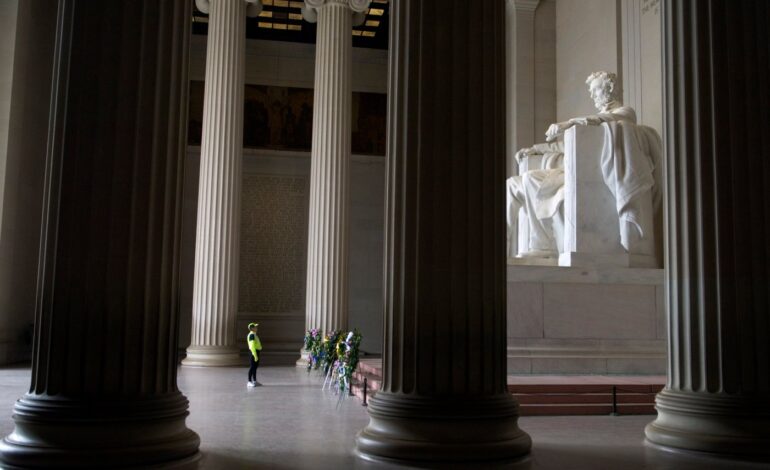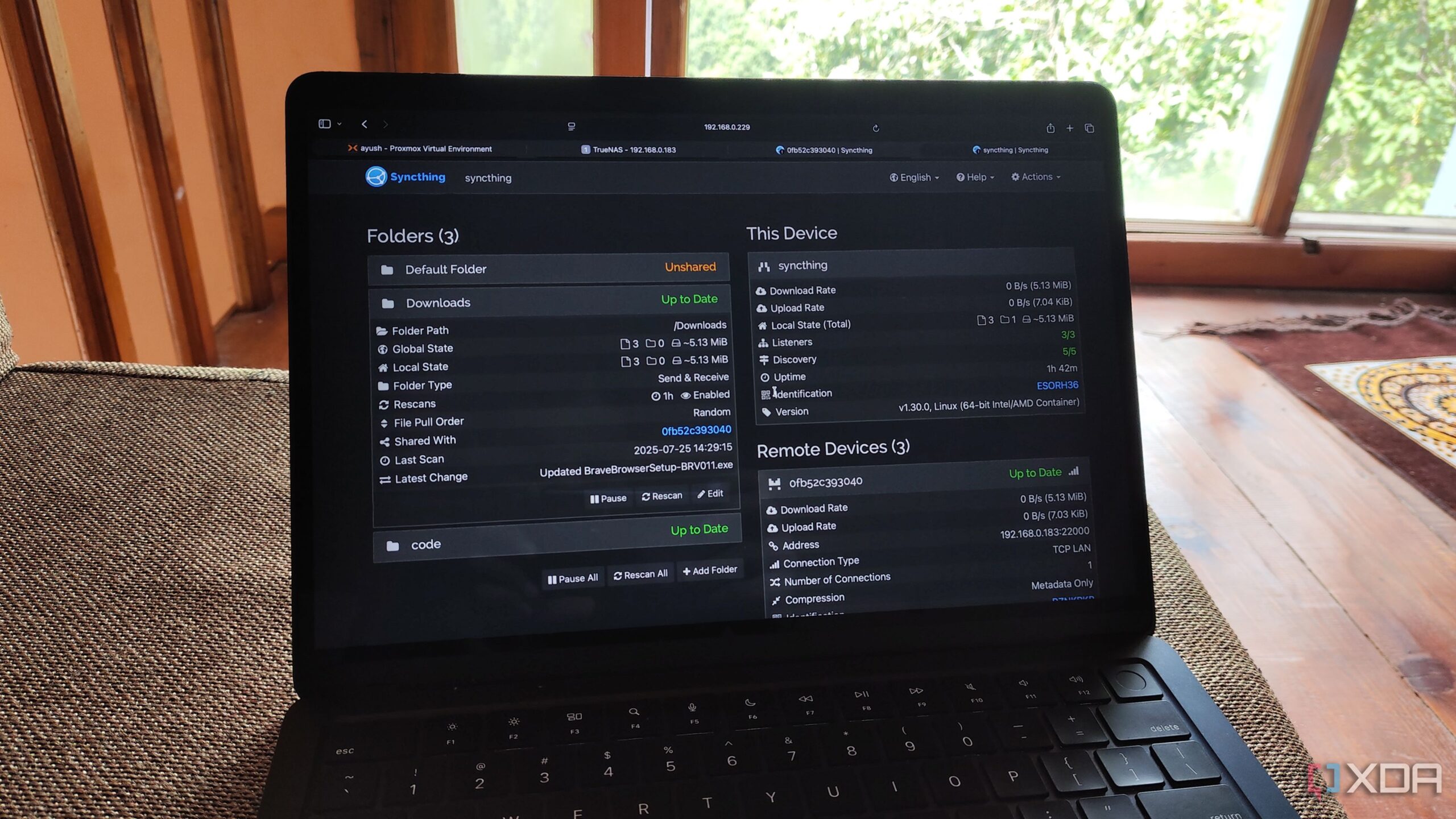Chicago Reflects on Thanksgiving’s Meaning Amid Current Divisions

As Thanksgiving approaches, residents of Chicago are urged to reflect on the deeper significance of the holiday, particularly in light of the city’s current social tensions. This year, Paul Kendrick, a local author and political candidate, emphasizes that the essence of Thanksgiving lies in unity and shared humanity, echoing sentiments expressed by President Abraham Lincoln over 150 years ago.
In 1863, during the height of the Civil War, Lincoln proclaimed a national day of thanksgiving, designating it for the last Thursday in November. His vision sought to create a common bond among Americans, transcending the divisions and strife of his time. Kendrick highlights that Lincoln’s call for gratitude was a response to the national pain, aiming to foster a sense of togetherness amidst turmoil.
Kendrick draws inspiration from the words of acclaimed poet Gwendolyn Brooks, who famously stated, “We are each other’s harvest: We are each other’s business.” This sentiment resonates particularly in today’s Chicago, where communities are facing challenges related to immigration and social justice. The protests against efforts to detain and deport residents demonstrate a city grappling with its identity and values.
Additionally, Kendrick notes that Lincoln’s Thanksgiving was not merely a holiday to celebrate the past but a call to action for a divided nation. Lincoln was encouraged to establish this holiday by his Secretary of State, William Henry Seward, and Sarah Josepha Hale, the editor who relentlessly advocated for a national festival. Her determination played a crucial role in shaping Thanksgiving into a holiday meant to unify the North and South.
The roots of Thanksgiving reflect a rich tapestry of American history, blending the New England tradition of the pilgrim feast with earlier proclamations of prayer and thanksgiving made by leaders such as George Washington and James Madison. This blend of historical influences underscores the importance of gratitude and reflection, especially during challenging times.
In his final days, Lincoln expressed hope for peace and unity in a speech delivered shortly before his assassination. He stated, “We meet this evening, not in sorrow, but in gladness of heart.” His vision for Thanksgiving was to serve as a reminder of the nation’s potential for healing and gratitude even amidst adversity.
As Chicagoans prepare to celebrate this Thanksgiving, Kendrick encourages citizens to remember the holiday’s origins and its broader implications. He underscores Lincoln’s belief that the opportunity for unity is greater than ever, stating, “If one can make such an appeal in the midst of Civil War, we can surely do so now amid our divisions.”
In reflecting on Lincoln’s profound legacy, Kendrick invites Chicagoans to reclaim the holiday as a time for communal gratitude and connection. The call for a national day of thanksgiving remains relevant today, encouraging individuals to recognize that “we are truly each other’s harvest.”
In a city marked by challenges, the spirit of Thanksgiving offers a pathway toward understanding and unity, emphasizing that our collective strength lies in our shared humanity. As Kendrick poignantly concludes, it is essential to embrace this opportunity for gratitude and connection, fostering a sense of belonging in the streets, homes, and businesses of Chicago.






